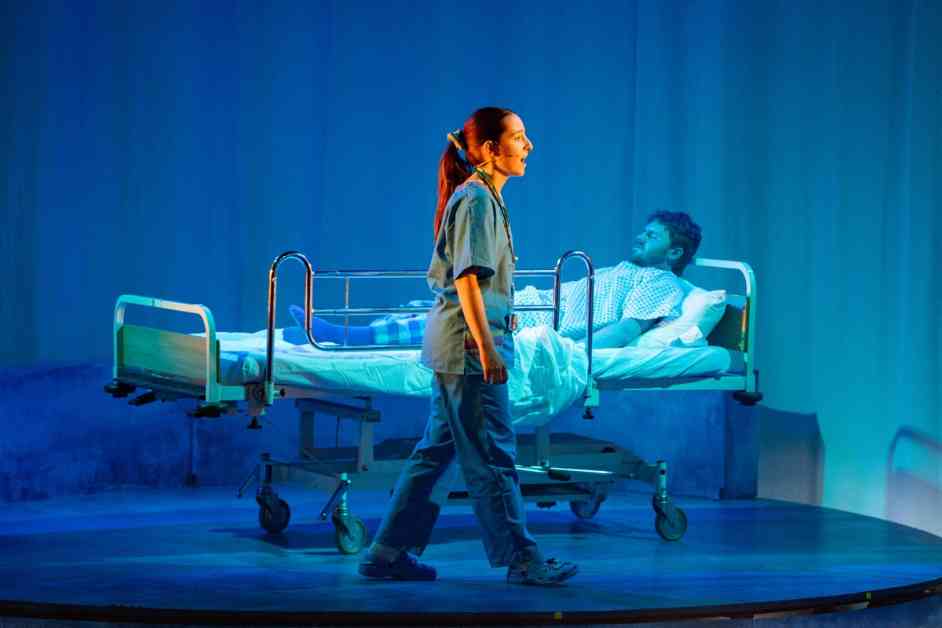In May, Robert Farese, a cell biologist and physician at Memorial Sloan Kettering Cancer Center in New York City, received an interesting email inviting him to audition for a musical about penicillin. Despite antibiotics not being a common subject for a musical, the story of penicillin and other antimicrobial drugs is full of drama. From miraculous discoveries to saving countless lives, these drugs have revolutionized medicine. However, their effectiveness is declining due to overuse and misuse, leading to antibiotic resistance.
The musical “Lifeline” intertwines the story of microbiologist Alexander Fleming, the discoverer of the first antibiotic, with present-day doctors struggling with the increasing failure of these drugs. The performance at the United Nations General Assembly’s meeting on Antimicrobial Resistance highlighted the urgency of the crisis. Antibiotic-resistant infections are on the rise globally, causing millions of deaths each year.
The idea for the musical originated from Meghan Perry, an infectious diseases clinician, who wanted to educate children about antibiotic resistance through music. Composer Robin Hiley was initially skeptical but eventually became intrigued by Fleming’s life story. The show evolved from a children’s play to a biopic for adults and eventually into a modern narrative focusing on the contemporary issue of antimicrobial resistance.
The modern narrative in “Lifeline” follows a group of friends affected by an antibiotic-resistant infection, intertwined with Fleming’s story from the golden age of antibiotics to the dark days of World War I. Real-life accounts of antibiotic-resistant infections are shared by a chorus of scientists and healthcare professionals, bringing a sense of reality to the performance. The musical aims to raise awareness about the crisis without prescribing specific solutions.
Antimicrobial stewardship programs in hospitals have become crucial in combating resistance, with a significant increase in comprehensive programs in recent years. However, the issue of antibiotic resistance is complex and disproportionately affects communities with limited resources. For example, Pakistan is currently facing a severe outbreak of drug-resistant typhoid linked to poor access to clean water.
Despite the seriousness of the message, “Lifeline” ends on a hopeful note, emphasizing the collective effort needed to address antimicrobial resistance. The performers at the U.N. General Assembly urged governments to make commitments to fight the crisis. The musical’s impact goes beyond entertainment, as it sheds light on the work of individuals on the front lines of combating antibiotic resistance.
Overall, “Lifeline” serves as a powerful reminder of the importance of preserving the effectiveness of antibiotics and the urgent need for global action to address antimicrobial resistance. Through music and storytelling, the musical conveys a message of hope and collective responsibility in the fight against this pressing public health issue.










